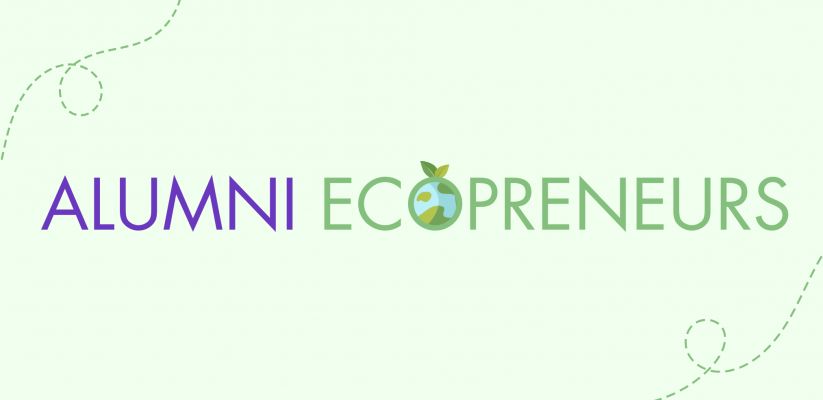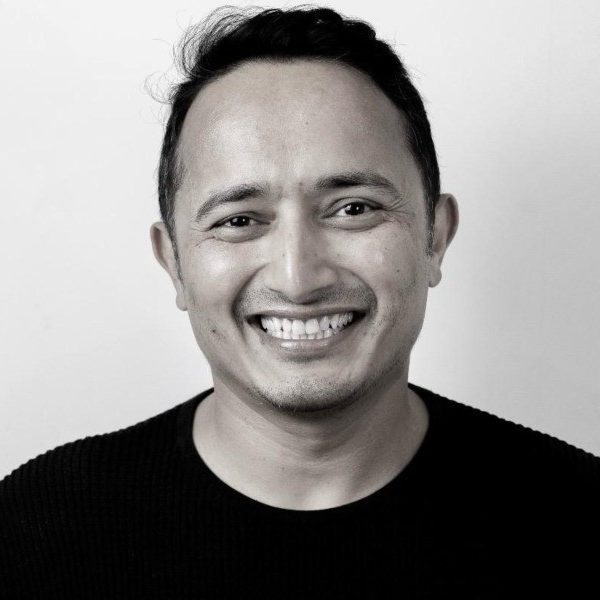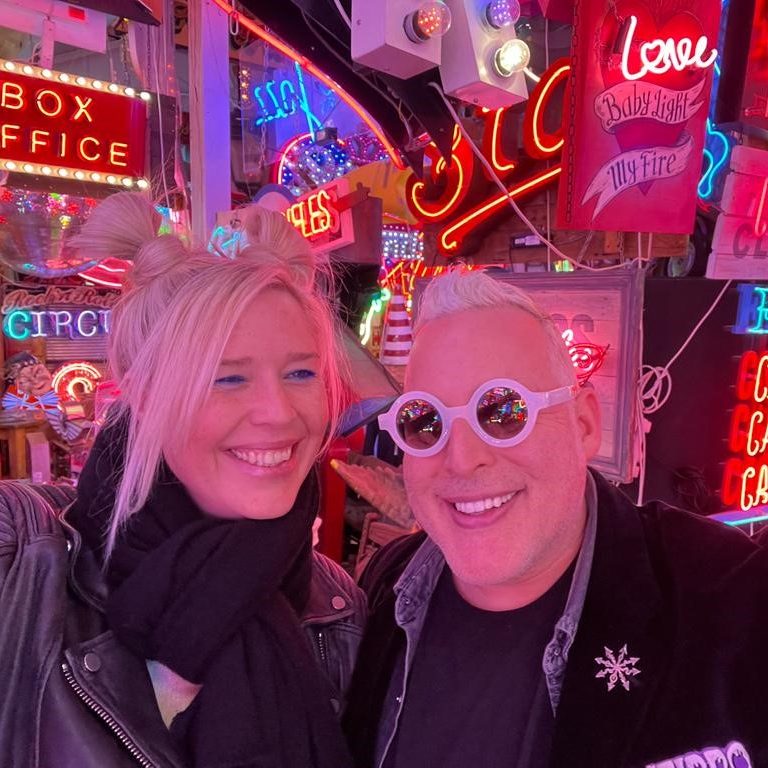There’s a natural synergy between sustainability and entrepreneurialism.
The start-up landscape is a breeding ground for innovation and a place where bold, impossible sounding ideas can quickly become a reality. As the climate crisis intensifies, we all need big things to happen – and happen quickly.
“I heard this quote at an event – and ever since it stuck with me – ‘Climate change has no time for your imposter syndrome’,” says Camila Gaspar Quinonez, scientist, Westminster PhD graduate and co-founder of The Atlantic Forest Association.
“‘It means – technically – just get up and do it.”
Camila won the University of Westminster’s 2024 Recent Graduate Alumni Award, in recognition of the Association’s outstanding achievements, since its inception, less than three years ago.
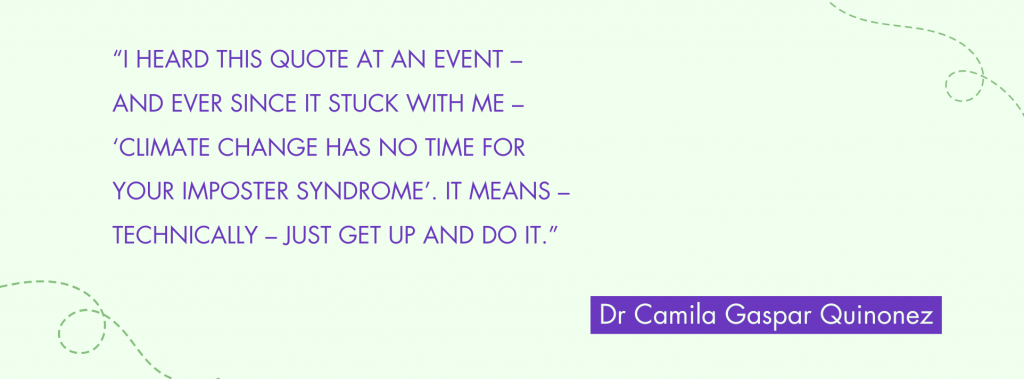
As diverse as the Amazon, the Atlantic Forest stretches along Brazil’s Atlantic coast and inland, as far as Paraguay and Argentina.
“People don’t even know that it exists,” Camila says.
Originally the size of Germany and France combined, only 12% of the Atlantic Forest now remains. As well as protecting an area of the Forest (it legally owns the land), the Association is addressing the causes of deforestation and supporting local communities.
“The neighbouring areas are very economically disadvantaged and they often source income through illegal logging and hunting,” Camila explains. “We are trying to develop a ranger program where we can start providing them with a fixed income to protect nature, instead of degrading it.”
As a scientist, Camila also hopes to use the land to research the importance of biodiversity as carbon sinks, as an opportunity to develop biodiversity credit-like solutions.
“It’s better to protect what we have left, instead of deforesting and then planting monoculture – known to be detrimental for local biodiversity and a limited long-term impact as a carbon sink.”
For Bikke Chettri, a Westminster Software Engineering graduate, sustainability means innovation everywhere… including issues that are often overlooked.
“I think there is a whole thing about British people and their love affair with toilet paper.”
Chakow Limited, Bikke’s nine-month-old start-up, provides affordable bidet extensions for toilets, as a sustainable and hygienic alternative to toilet paper.
When he was growing up in Nepal in the 1980s, there was no toilet paper.
“We just showered.”
Even living in the UK, years later, Bikke still favoured the bidet. But it was 2020’s infamous lockdown toilet paper shortages that finally set him thinking about the product’s environmental cost.
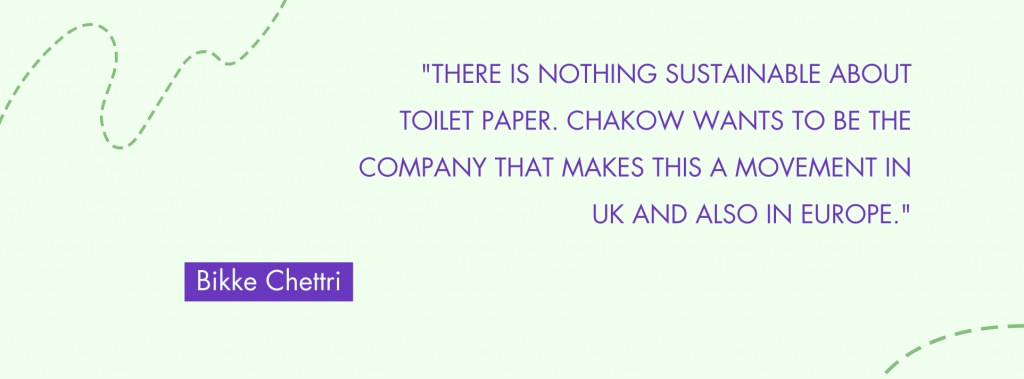
“Millions of trees are cut down every day, just to meet the demand for toilet paper. We’re talking about whole forest getting destroyed in Indonesia and elsewhere. There is nothing sustainable about toilet paper.”
Unlike a bidet – which can be used again and again – toilet paper is the ultimate single use product. Plus, research shows, bidets use a fraction of the water needed for toilet paper production – even eco toilet paper.
Although bidet talk may make some Brits feel uncomfortable, other nations feel differently. Bidets are widely used across Asia and Europe, including our closest neighbour – France. They’re also growing in popularity in Australia and the US.
“Chakow wants to be the company that makes this a movement in UK and also in Europe,” Bikke says. “We want to be the brand that makes it affordable.”
Whatever your product, as Chakow proves, there is always a greener way of doing things.
“Any business can be done in a sustainable way,” says Marc Fegarsky, founder of Schparkly Creative.
Originally from the US, Marc completed his Marketing MA at Westminster in 2020, before co-founding Schparkly Creative with his wife in the same year. A full-service marketing agency with a difference, Schparkly (“You know – saying Sparkly but a bit drunk,” Marc says) puts sustainability at the heart of everything it does.
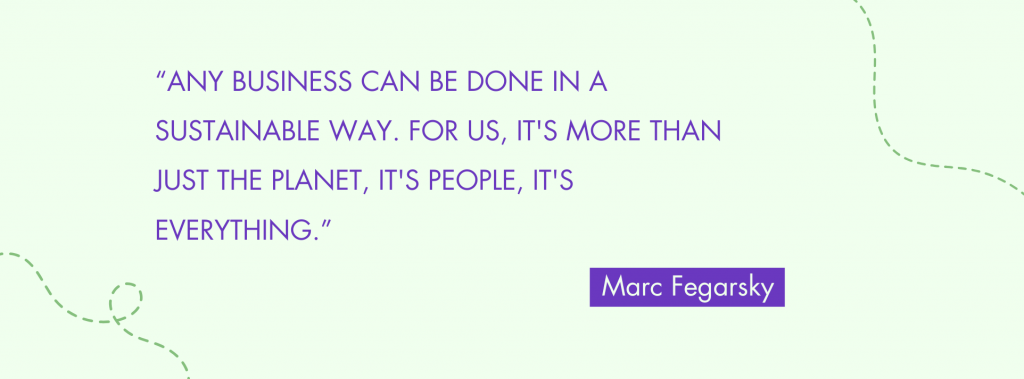
“Both my wife and I – she worked with green energy companies, I worked with animal welfare – so the sustainability thing’s just kind of built into us,” he says. “When we launched our business, it had to be one of the core values.”
But true sustainability stretches far beyond carbon emissions.
“For us, it’s more than just the planet, it’s people, it’s everything.”
Nearly five years in, alongside their strong green energy client-base, Schparkly works with a broad range of purpose-led business whose values align with their own.
“It’s really diversified,” Marc says. “We’ve got veterinary clinics, therapists office. One of our favourite projects we’ve done recently is a therapist who specialises in underrepresented cultures.”
But there’s one kind of business they promise they will never, ever work with…
“We were offered a very, very large amount of money by an oil company to do some work, and we didn’t take the job, even though we really needed the money,” Marc says. “We think, in the long run, that’s going to pay off. This is our brand. This is what we do. We want people to understand that we’re walking the walk and not just talking the talk.”
The University of Westminster has adopted the United Nations Sustainable Development Goals (SDGs) framework to cement its commitment to sustainable development. A core tenet of its positive impact will always lie in its empowerment of students and alumni to take their own positive impact out into the world.
The Westminster Enterprise Network (WeNetwork) offers a range of programmes and support to budding businesses from students and alumni. The opening of Zone 29, Westminster’s new centre of enterprise, set to open in late 2025, will strengthen this support further.
Chakow received funding and mentoring from WeNetwork’s Elevate Programme last year.
“Westminster’s been great,” Bikke says of the experience. “When we started out, I was all over the place.”
Elevate focuses on growing an existing business and teaching skills like marketing and making your business financially sustainable.
“We found out the website we had was really bad, and we had to redo it,” Bikke says. “We changed our whole marketing strategy. So, it was a lot to take for six months, but it was an incredible help.”
After winning the WeNetwork’s Big Idea Competition 2022, Schparkly received support tailored, strategic support, including up to £10,000 funding.
“I think it probably jumped our business forward three or four years – just because you’re not having to learn by trial and error,” Marc says.
Schparkly, in turn, gives back to the community, by teaching a WeNetwork class and taking on interns from Westminster’s Marketing courses.
“I think a lot of the interns have chosen us because of our sustainability stance – they were excited about it.”
As well as the funding and mentoring they received, Marc also values the relationships he has built with fellow Westminster entrepreneurs, through the WeNetwork.
“I think the community is fantastic,” he says. “I’ve had such a great experience with Westminster. They’ve done more post graduate aftercare than any school I could imagine.”
Camila agrees.
“I think they do a fantastic job of keeping the community alive,” she says, adding: “I’ve always been involved with Westminster, speaking to new students, sharing my career journey, and any way I can give back – because I got so much out of being a Westminster student.”
So, what should budding ecopreneurs bear in mind before they embark on their journeys?
“I think perseverance is very important,” Marc says. “A lot of people are going to tell you ‘no’, and it’s going to be hard. You have to take one small bite at a time and just keep moving.”
- Upcoming international Alumni events - 5 August2025
- The many lives of Allyson Williams, MBE - 3 March2025
- Professional Etiquette for Biomedical Science Graduates - 20 February2025
